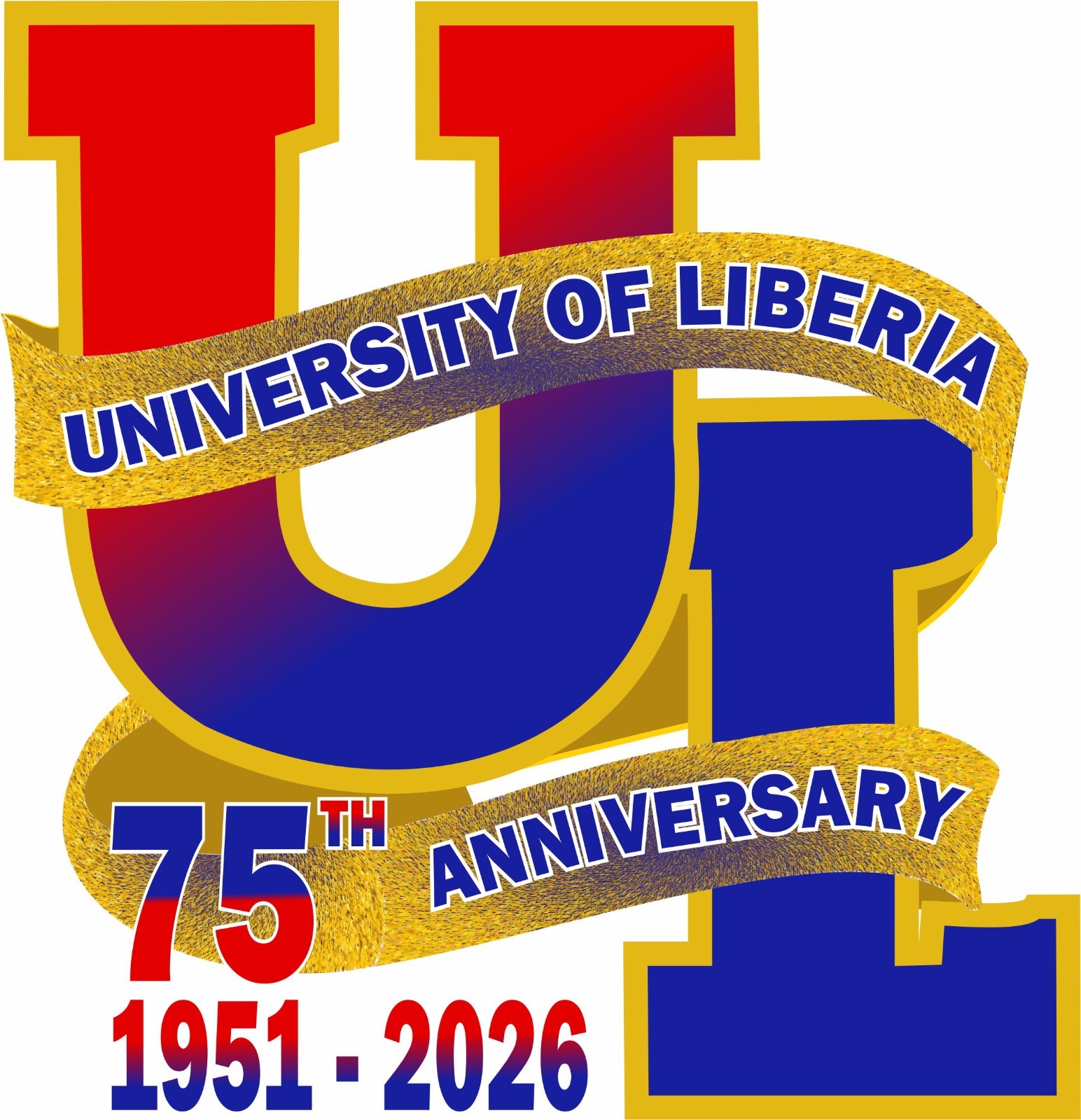Dr. Nelson Heightens Hopes At UL -vows to build culture of tolerance and nonviolence
Hopes and expectations at the University of Liberia (UL) have been heightened by Dr. Julius Sarwolo Nelson’s declaration to work collectively with his team of administrators to mobilize additional resources to assist in taking good care of UL’s faculty and staff in the not-too distant future.
In his inaugural address as the 15th President of the University delivered on the UL Fendall campus last Thursday, 28 November 2019, the newly inaugurated President of the University of Liberia promised that he and his team would handle the challenges at the University, saying: “It must however be intentional about building a culture of tolerance and nonviolence on the campuses of the University of Liberia.
Dr. Nelson declared that he will “duly fulfil the office of the president of the University of Liberia, faithfully execute all duties entrusted to him in accordance to the charter, the constitution and by – laws and the rules of regulation of the university.”
He vowed to endeavor at all times to maintain and uphold the privileges, rights and dignity of the University.
To those who will be part of UL’s historic 100th Commencement Convocation on 12 December, which will be the first commencement that Dr. Nelson will officiate as UL President, Dr. Nelson pledged: “This Centennial graduation will not be “LAZY,” a saying borrowed from a popular Liberian music to indicate that the 100th graduation will be grand.
“Cognizant of the historic significance associated with this commencement,” Dr. Nelson announced. “The 100th Commencement Convocation speaker will be the 5th and current President of the Republic of Sierra Leone, Julius Maada Bio.”
He acknowledged that the task ahead is huge, saying: “The task of creating an enabling environment to promote the advancement of academic activities.” He stated that be necessary and requires absolute commitment and dedication collectively to “Brightening the light of the University.”
“In doing so there will be challenges such as scarcity of resources, limited qualified, experienced and trained workforce, culture of intolerance and violence arising from students’ activities, and so on,” Dr. Nelson stressed.
For several years, Dr. Nelson worked as Dean of Students Affairs at UL and served in several other positions prior to his appointment.
To embark on efforts aimed at addressing the challenges at the University, he advanced his leadership team’s primary objectives which include encouraging curriculum development and enhancement.
“A Curriculum Review Committee will be set-up in the next couple of months to do a comprehensive review of all curricula across academic programs,” he said. “We will be ensuring that our curricula are benchmarked against other outstanding universities within the sub-region. Gaps identified will be adjusted accordingly to ensure our graduates are capable of competing with their compatriots within the sub-region and beyond.”
He said the university will identify areas of national needs and create academic programs to train the needed local professionals, promising to work with local and international partners to ensure that the University train professionals relevant to the growth and development of the country.
“We will particularly focus on creating new academic programs in areas where there are limited professionals in the country,” he added. “A notable example is the lack of a national tertiary Research Training Program.”
Dr. Nelson said he believes that a number of the challenges facing the country today can be resolved by sponsoring national research, using locally trained professionals hired at affordable rates.
“The creation of the UL first Terminal (Doctorial) Program will also be an opportunity that my leadership will explore and through expansion of its funding sources, implement this within the next four years,” said Dr. Nelson, while promising to develop short-term programs that will provide “life skills” to young people and expand their employability.
On the issue on the University’s financial viability, Dr. Nelson vowed to continue UL’s faculty development initiative but with huge emphasis on strengthening areas of gaps, noting the need to expand the university’s sources of revenue beyond what the Government provides.
“While the University will embrace additional government budgetary support, we must now more than ever before be innovative to create additional sources of funding for the University,” he said.
“Initial plans that will constitute expansion of UL’s revenue base includes identifying realistic investment opportunities, analyzing the cost of funding those investment activities, soliciting initial funding sources to finance the investments and analyzing the relevant pay back and profit earning periods for every investment portfolio before its inception, among others,” he noted.
Further, Dr. Nelson outlined plans to establish the President Student Leaders Mentorship Program, which he said will provide students the opportunity to acquire practical administrative and operational experience through participation in the day-to-day operations of the University.
In special remarks, the Visitor of the University and President of Liberia, Dr. George Manneh Weah, urged Dr. Nelson to use with wisdom the gavel of authority he has been entrusted with.
“I promise my fullest support to you and your team,” President Weah said, adding that he Dr. Nelson’s many years of experience the university gives him confidence.
“Many of those years were spent in Students Affairs where you dealt with student issues, President Weah said. “I expect that your experience and expertise in [those] areas will now become a very useful asset as you engage the students of the University in order to address the various issues which are of pressing concerns to them.”
Addressing the students, President Weah stated that students now have “somebody who understands where they come from.”
“I pledge today that my administration will do all that is necessary to maintain this reputation and support your accomplishment so that you will continue to grow from strength to strength,” President Weah concluded.
Earlier, UL Vice President for Administration Madam Weade Kobbah – Boley said the UL a milestone, not only because it is the inauguration of the 15th President, but also because it is the first inauguration of a president of the University superintended by President Weah, saying to the president, “The University wholeheartedly solicits your engagement with the leadership, faculty, staff and students of the University.”
“This is the only way we can fulfil our mandate to build human capital for the development of our country Liberia. You tell us the development programs you need for our country and we will train people to help you implement them,” Prof. Kobbah-Boley said.
Students Transitional Committee Chairman J. Benedict S. Paye, Jr. pledged the cooperation of the student body, but he reminded President Weah and the University Administration of the challenges that are still facing the institution.
“You know you cannot send a soldier at the battle front without giving him all the necessary ammunition,” Paye said.

